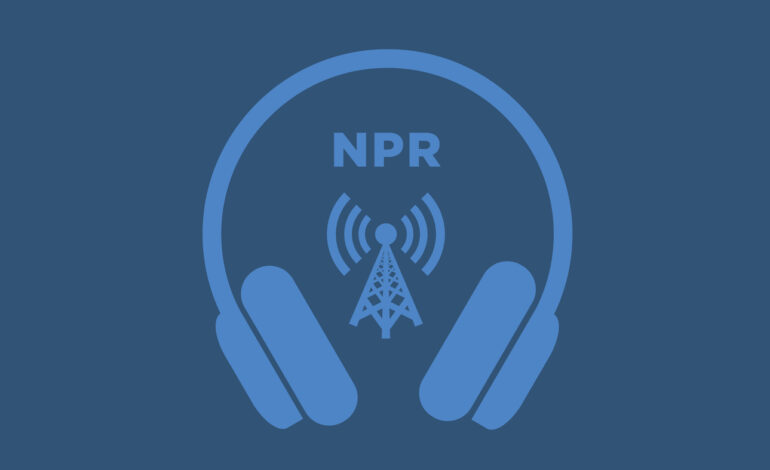Millions Face Health Coverage Loss as Cuts Take Effect

Recent projections indicate that millions of Americans could lose their health coverage over the next decade, primarily due to impending federal spending cuts. In the Rio Grande Valley of south Texas, the situation is particularly dire, with approximately 1 in 3 residents already lacking health insurance. As these cuts, implemented under the administration of President Donald Trump, take effect, the number of uninsured individuals in this region is expected to increase significantly.
The Rio Grande Valley, which encompasses several counties along the United States-Mexico border, has long struggled with high rates of uninsured residents. According to the Centers for Medicare & Medicaid Services, the area’s socio-economic challenges contribute to a health care landscape where many low-income families find it difficult to access necessary medical services. With the anticipated reductions in funding for programs such as Medicaid and the Affordable Care Act, health coverage will likely become even more elusive for many.
Federal spending cuts, which are projected to impact state budgets as early as 2023, are a significant concern for health care advocates. These cuts are expected to affect not only the availability of insurance but also the quality of care that those who remain insured can access. In regions like the Rio Grande Valley, where health disparities are already pronounced, the potential fallout could exacerbate existing public health issues.
Local health officials are voicing their concerns about the ramifications of these cuts. Many fear that without adequate health coverage, residents will forgo necessary medical treatment, leading to worsening health conditions and increased emergency room visits. Dr. Maria Gonzales, a physician practicing in the valley, emphasized that “the lack of health insurance means that people will avoid routine check-ups and preventive care, which are essential for maintaining health.”
The expected loss of coverage comes at a time when the nation is already grappling with the ongoing effects of the COVID-19 pandemic. Health experts warn that as the country works towards recovery, these cuts could undermine progress made in expanding health access. The Affordable Care Act, which has provided coverage to millions, is particularly vulnerable to these changes, raising concerns about the future of health care for many vulnerable populations.
Advocacy groups are mobilizing to address these challenges, urging state and federal lawmakers to reconsider proposed spending cuts. They argue that investing in health care is essential not only for individual well-being but also for the overall health of communities. “We must prioritize health coverage as a fundamental right, especially in underserved areas,” said Sarah Thompson, director of a local health advocacy organization.
As the situation evolves, it remains critical to monitor the impact of these changes on health care access across the United States. The implications for millions of Americans, particularly those in regions like the Rio Grande Valley, underscore the urgent need for comprehensive health policy reform that ensures everyone can receive the care they need.






